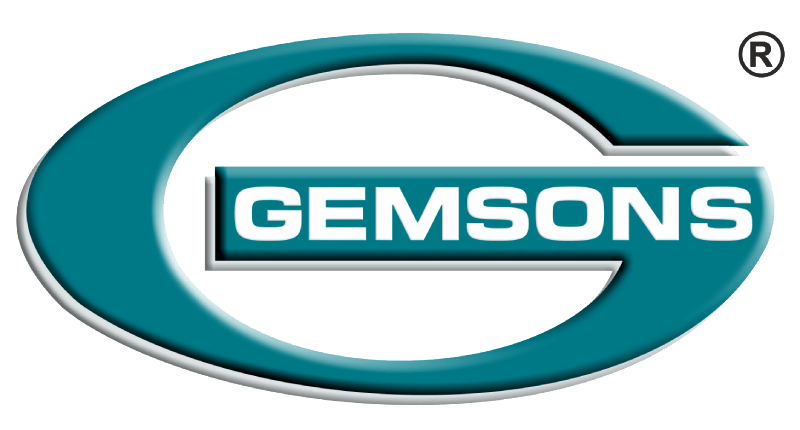In the context of machinery, equipment, or structure assembly, the contribution of industrial fasteners cannot be overstated. These pieces keep everything in place, promoting safety, strength, and durability. An essential factor in fasteners is the thread type they employ. Threads define how a fastener interacts with its counterpart, influencing load-carrying capacity, resistance to vibration, and ease of assembly. Among the most prevalent thread standards are Metric, Unified National Fine (UNF), and British Standard Whitworth (BSW). All have their own strengths and respective applications across different industries.
Metric Threads
Metric threads are the most common standard in the world, implemented in automotive, manufacturing, construction, and heavy engineering industries. According to the International Organization for Standardization (ISO), metric threads have a measurement in millimeters, which makes them simple to use and adopt in international applications.
- Characteristics: Metric threads possess a 60-degree thread angle with pitch defined in millimeters. The dimension is indicated by the nominal diameter and pitch (e.g., M10 × 1.5).
- Advantages: Widely accepted, simple to specify, and amenable to mass production.
- Uses: Automotive parts, machinery assemblies, and equipment where compatibility across the world is paramount.
Unified National Fine (UNF) Threads
UNF threads fall under the Unified Thread Standard (UTS) applied mainly in North America. They exhibit a finer pitch than Unified National Coarse (UNC) threads, making for a closer fit and greater resistance against loosening.
- Features: UNF threads also possess a 60-degree thread angle, but the pitch is in threads per inch (TPI) instead of millimeters.
- Advantages: Offers greater tensile strength, improved holding power, and increased vibration loosening resistance.
- Applications: Aerospace, automotive, and precision engineering applications where tight tolerances and vibration resistance are necessary.
British Standard Whitworth (BSW) Threads
BSW threads were one of the oldest thread specifications, introduced in the mid-19th century in the United Kingdom. Although less prevalent nowadays, they are still employed in some industries and for the upkeep of older machinery.
- Characteristics: BSW threads have a 55-degree thread angle with a rounded profile. Sizes are in inches, with pitch designated by threads per inch (TPI).
- Advantages: Reckoned for strength and longevity, especially in heavy engineering and vintage machinery.
- Applications: Railway repair work, legacy machines, and sectors where vintage standards are applicable.
Comparing Metric vs. UNF vs. BSW
Measurement System
- Metric: Millimeters
- UNF: Inches (threads per inch)
- BSW: Inches (threads per inch, 55-degree angle)
Thread Angle
- Metric: 60°
- UNF: 60°
- BSW: 55°
Strength and Precision
- Metric: Standard strength, widely used for general applications.
- UNF: High precision and vibration resistance, ideal for critical components.
- BSW: Strong and durable, but mainly limited to legacy systems.
Global Acceptance
- Metric: Internationally recognized.
- UNF: Primarily used in North America.
- BSW: Declining usage but still relevant in specific industries.
Selecting the Proper Thread Standard
The choice of thread type depends upon industry standards, geolocation, and application needs. For instance, an auto manufacturer dealing in global markets may go for metric threads for uniformity. An aircraft manufacturing company may use UNF threads based on their precision and resistance to vibration. Industries dealing with older British machinery might use BSW threads to accommodate their equipment.
Importance of Precision in Industrial Fasteners
Apart from the thread standard, accuracy in the production of industrial fasteners is crucial. Even slight variations can cause assembly failure, safety hazards, or shortened equipment life. State-of-the-art CNC machining and strict quality assurance guarantee that the fasteners achieve the desired tolerances and function reliably under harsh conditions.
Conclusion
Threads are the pillar of industrial fasteners, determining their strength, compatibility, and reliability. Though metric threads are dominant worldwide, UNF and BSW threads are still playing vital roles in particular areas and industries. Selecting the appropriate thread standard is central to securing performance, safety, and long-term dependability of machinery.
Gemsons Precision Engineering combines sophisticated CNC machining capacity with profound experience to produce fasteners compatible with various thread standards with uncompromising quality and accuracy.

